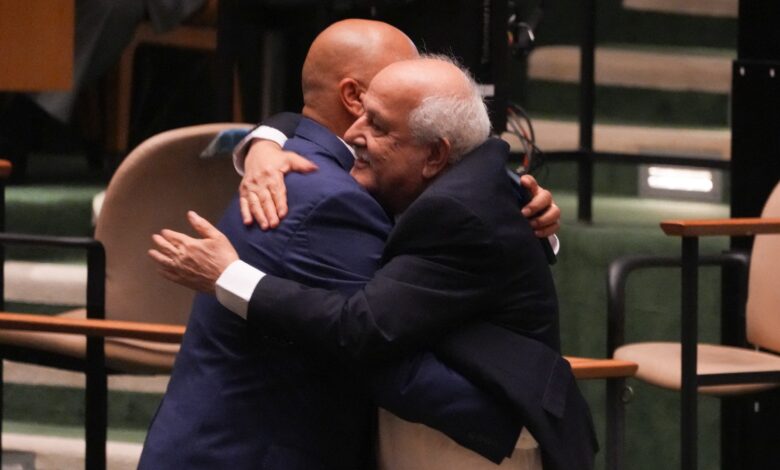UN General Assembly’s Big Talk on Israeli Occupation: Will Anything Actually Change?

The recent United Nations General Assembly resolution calling for the end of Israel’s occupation of Palestinian territories has sparked a wide mixture of both hope and skepticism, much debate, quite heated debate, especially since the resolution carried 124 votes in its favor, 14 against it, with 43 abstentions in making demands upon Israel to end the occupation within a year and compensation to the Palestinians. The key highlight is that it reveals broad international consensus as well as evident in this vote. The real impact of this resolution remains uncertain.
This resolution is not binding, and it seems even so; yet, one wonders about its real impact. It enunciates what was similarly articulated in previous advisory opinions of the International Court of Justice (ICJ), which ruled the occupation “unlawful” and called on Israel to withdraw. Aligning with the views of the ICJ does indeed strengthen the moral and legal basis of the resolution. Still, the question is how this very broad consensus is translated into effective action.
It marks a final step to indicate international disapproval of the occupation and call for action against Israel on the part of the global community. It proves a message that the world is unanimous about requiring change, although such a resolution might actually affect the diplomatic and economic pressures on the Israeli government. Conceptually, it might contribute towards moving public opinion and creating an atmosphere in which any solutions will be better received diplomatically.
On the other hand, critics point out that the resolution is more of a gesture than a practical step. A number of the United States’ allies voted for the same resolution which bespeaks the divisions and complexities surrounding the issue. For one, the U.S. and its allies believe that such measures may not do much to solve the core issues of the Israeli-Palestinian conflict. Rather, they may complicate peace negotiations by making opposing sides dig in.
The nonbinding nature of the resolution denies it any enforcement power. Israel may consider this resolution another form of international criticism that does not have substantive consequences by announcing its rejection in advance. Most likely, the resolution will fuel more discussions in the diplomatic world. Still, it will not necessarily change the on-the-ground realities in the country or force an immediate policy change by the Israeli government.
There is also the third problem: that the resolution occurs in a heightened state of tension and violence in the region. The Israeli-Palestinian conflict is an issue deeply ingrained historically, politically, and currently in violence, and anything in the way of resolution has the challenge of overcoming hardened positions and finding a practical way forward.
The role of the UN in mediation and conflict resolution has often been under scrutiny. While UN resolutions can be very instructive-both morally and politically, the ability to deliver results depends on the willingness of member states to follow through on commitments and, when necessary, pressure issues into compliance.
It is almost certain that the world breathes in anticipation of the resolution as it winds its way through diplomatic channels internationally. That is what will distinguish meaningful progress from a showy statement with little impact: the world community’s response, perhaps in alterations to diplomatic relations, economic sanctions, or changes in aid.
And so, in the end, the UN General Assembly’s resolution marked a long moment in the international discourse of this Israeli-Palestinian conflict. It is too early to see its impact. Will it truly lead to actual change and genuine progress toward the resolution of the occupation, or will this resolution be one of those very powerful, if symbolic, gestures? If this resolution can be more than rhetoric and form part of a real change in the dynamics of one of the world’s most enduring and contentious conflicts, only time will tell in the coming months.




